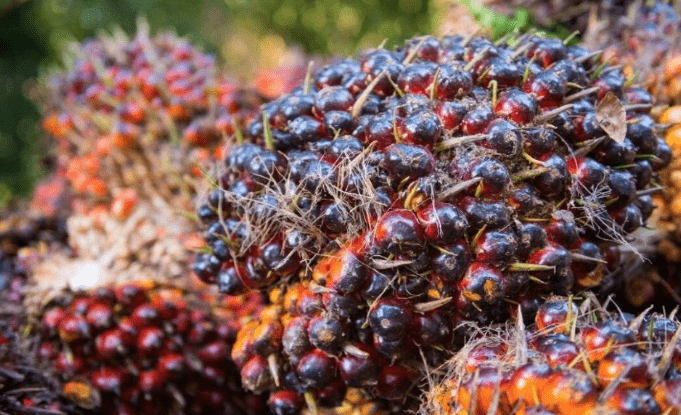The Centre of Sustainable Small-owners (CSS), a collaboration between the Asia School of Business, Procter & Gamble (P&G), and the Temasek Foundation, has released its CSS Impact Report 2025, highlighting five years of transformative work supporting independent smallholders in Malaysia’s palm oil industry.
Based in Kuala Lumpur, Asia School of Business, established in collaboration with MIT Sloan, is home to the Centre for Sustainable Small-owners (CSS), which aims to elevate smallholder livelihoods while driving sustainable palm oil production through Good Agricultural Practices (GAP), certification, and innovation.
The programme’s progress aligns with broader global environmental and social sustainability goals.
Smallholders contribute over 40% of the world’s palm oil supply, yet they often remain excluded from formal supply chains due to barriers such as lack of certification, limited traceability, and restricted access to training and resources.
In Malaysia, independent smallholders make up around 17% of palm oil producers and represent a critical, yet often overlooked, link in the supply chain. The CSS programme targets this group, turning policy intentions into tangible impact at the grassroots level across five key pillars: Community Empowerment, Livelihood Improvement, Environmental Sustainability, Responsible Sourcing, and Thought Leadership & Advocacy.
To date, 892 smallholders have been RSPO-certified, with some achieving yield improvements of 20%–25% over two to three years, and up to 35% over four years. A total of 407 certified smallholders received US$68,175 in sustainability-linked premiums between 2021 and 2024.
The programme has also helped establish and grow PERTANIAGA, an independent smallholder-led association in Johor that now boasts 892 members—38% of whom are women in leadership roles—fostering inclusive and effective governance at the local level. Over 1,100 farms have adopted sustainable practices including waste management, chemical tracking, and peatland monitoring in line with RSPO and NDPE policies.
In advancing traceability and compliance with global regulations such as the EU Deforestation Regulation (EUDR), 1,106 certified farms have been digitally traced and verified. CSS is also developing a traceability app to further track farm-level data in collaboration with regional collection centres.
On the knowledge front, the Centre has trained over 3,145 farmers in sustainable practices and published two practical guides to support smallholder education. These tools, grounded in the Centre’s research, contribute meaningfully to the global knowledge base on smallholder-led sustainable agriculture.
Behind these statistics are powerful stories of resilience. Encik Rosli, a marathon-running farmer, has outpaced national yield averages, while Puan Hamisah, a retired civil servant, now champions the role of women in sustainable agriculture.
“These journeys show how access to knowledge, support and inclusion can empower leadership and bring about generational change,” said Francis Wiederkehr, Sustainability Programme Director at P&G Chemicals.
Heng Li Lang, Head of Climate & Liveability at Temasek Foundation, added, “We are proud to support an initiative that uplifts smallholders while contributing to a more sustainable palm oil ecosystem.”
Professor Joe Cherian, CEO and Dean of the Asia School of Business, underscored the value of academic-industry partnerships. “This report reaffirms the importance of shared responsibility in building resilient communities.
“Certification—whether RSPO or aligned with national standards—can serve as a vehicle for both environmental stewardship and economic growth.”
Echoing this sentiment, Dr Asad Ata, Director of CSS, said, “We celebrate certificates, but more importantly, we celebrate the change they unlock for lives and communities. Our farmers are now the advocates, taking the lead in practices like waste and nutrient management within their communities. We aim to scale this inclusive model across Malaysia with support from aligned partners.”
Malaysia, as the world’s second-largest producer of palm oil, is home to over 275,000 independent smallholders. Unlike organised smallholders under government or estate schemes, these farmers often operate on small plots with limited access to institutional support.
The CSS programme continues to bridge that gap—ensuring that even the smallest contributors can play a leading role in making Malaysia’s palm oil sector more sustainable, inclusive, and future-ready.
The full CSS Impact Report 2025 is available at this link.
Originally published by SME.Asia.





